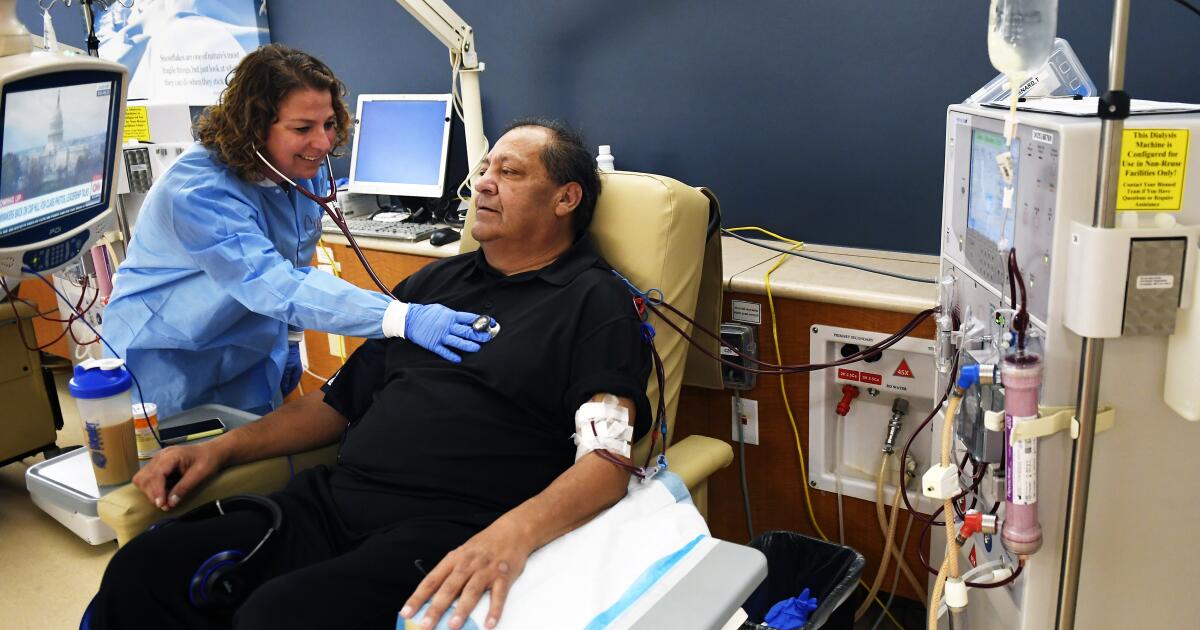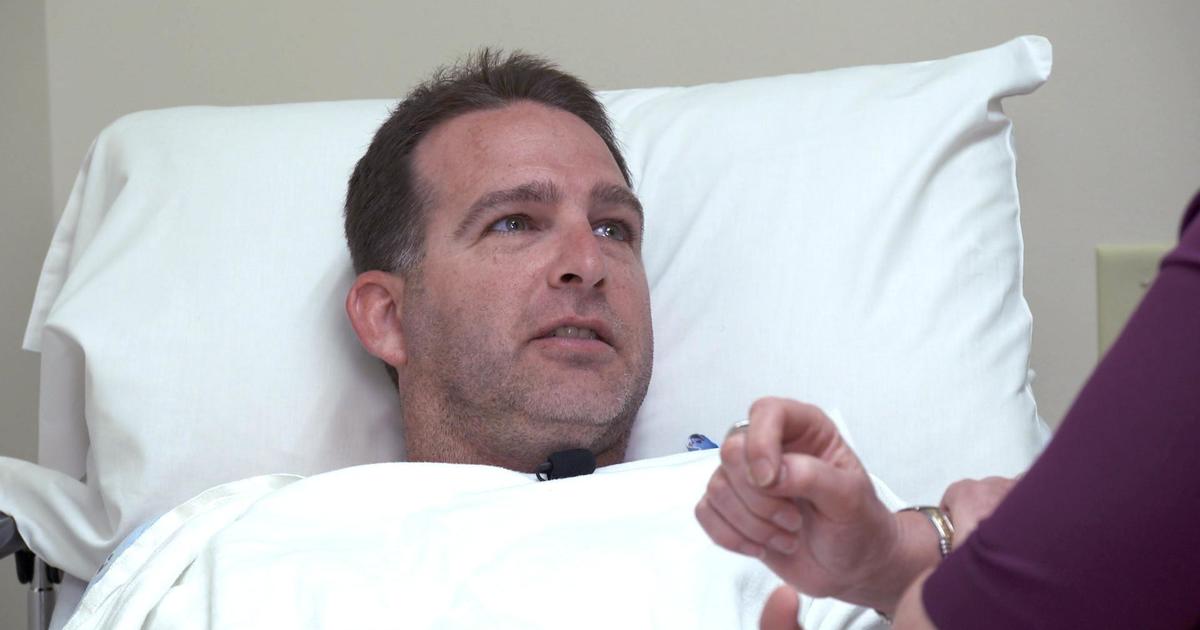- Joined
- Nov 21, 1998
- Messages
- 12,547
- Reaction score
- 6,932
It's been my sense that this specialty is counter-cyclical in nature. If the economy tanks and more people are out of work, filing comp & disability claims, will this be good for the specialty?


